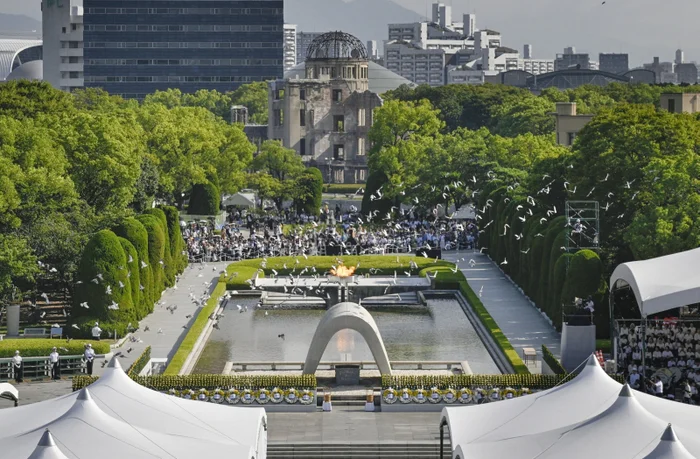
Hiroshima, Japan – Eighty years to the day after the world’s first nuclear attack, thousands gathered in Hiroshima on Wednesday to honor the victims and issue a stark warning about the growing threat of nuclear proliferation.
At 8:15 a.m.—the exact moment the U.S. dropped the uranium bomb “Little Boy” on August 6, 1945—a solemn silence fell over Hiroshima Peace Memorial Park. The blast instantly killed 78,000 people and reduced the city to ashes, with heat reaching 4,000°C (7,200°F) and radiation claiming tens of thousands more by year’s end. Three days later, Nagasaki was struck by a plutonium bomb, leading to Japan’s surrender on August 15.
A Record Gathering, a Grave Warning
Representatives from 120 countries, including nuclear powers like the U.S. and Israel, attended the anniversary ceremony, the largest turnout ever. Hiroshima Mayor Kazumi Matsui delivered a forceful appeal, condemning the global surge in military spending and the persistent reliance on nuclear arsenals.
“Political leaders increasingly believe nuclear weapons are unavoidable for national security,” he said, noting that the U.S. and Russia hold 90% of the world’s warheads. “This situation not only nullifies the lessons the international community has learned from the tragic history of the past, but also seriously undermines the frameworks that have been built for peace-building.
“To all the leaders around the world: Please visit Hiroshima and witness for yourselves the reality of the atomic bombing.” He urged world leaders to visit the city and confront the bombing’s horrific legacy firsthand.
Echoes of History
For survivors like Yoshikazu Horie, 71, the ceremony carried chilling relevance. “History feels like it’s repeating itself,” he said, referencing conflicts in Europe and rising tensions in Asia. “I want peace for my grandchildren.”
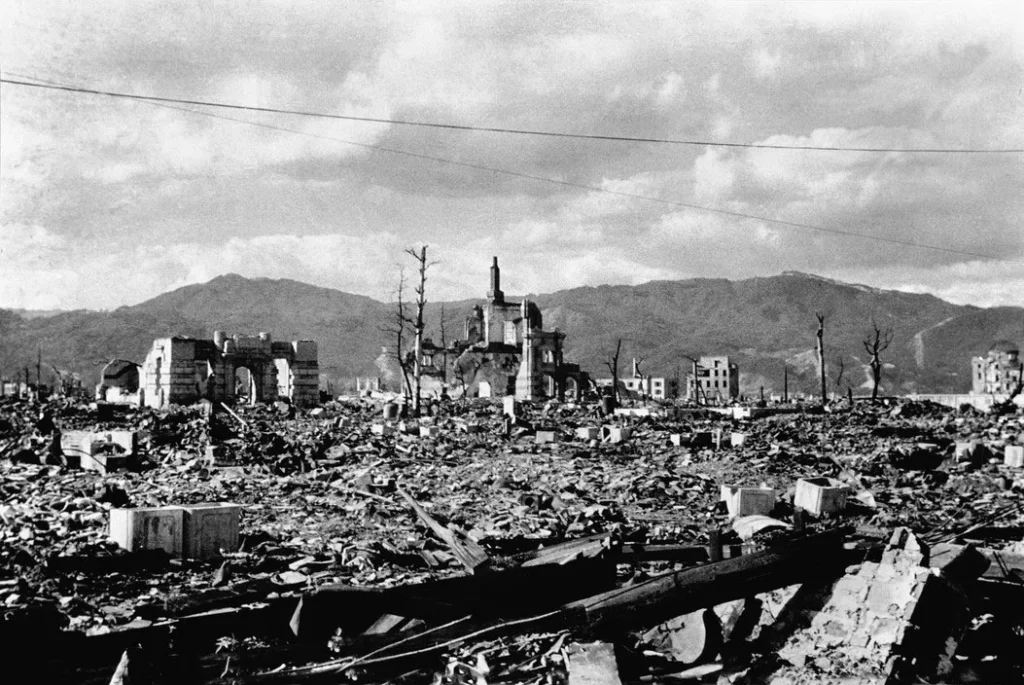
The aging community of hibakusha (atomic bomb survivors), once shunned over fears of radiation-induced illness, now numbers fewer than 100,000. Japan, the only nation to suffer nuclear attacks, advocates disarmament but has not joined the U.N. treaty banning atomic weapons.
As shadows of war loom globally, Hiroshima’s message—borne from unparalleled suffering—resonates louder than ever: Humanity must choose a different path.


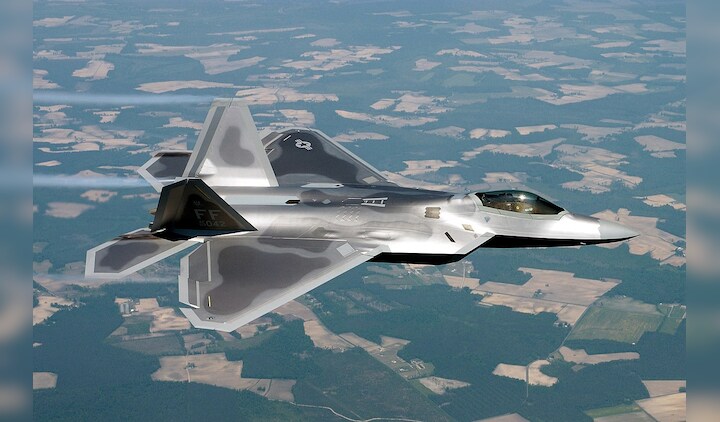

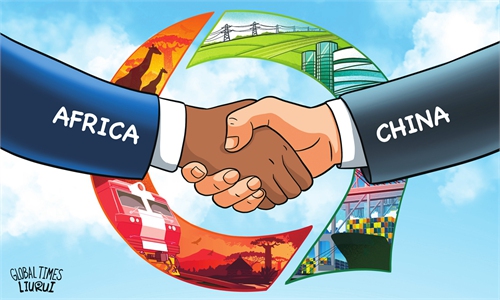
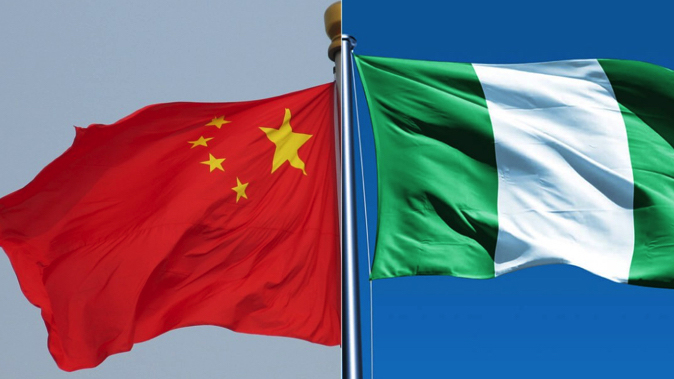
More Stories
EPIC FURY: U.S., Israel Strike Iran; Khamenei Reportedly Killed
China Articulates a Global South Vision for Fairer Governance
China Deepens Economic Footprint in Nigeria as Bilateral Trade Nears $22 Billion